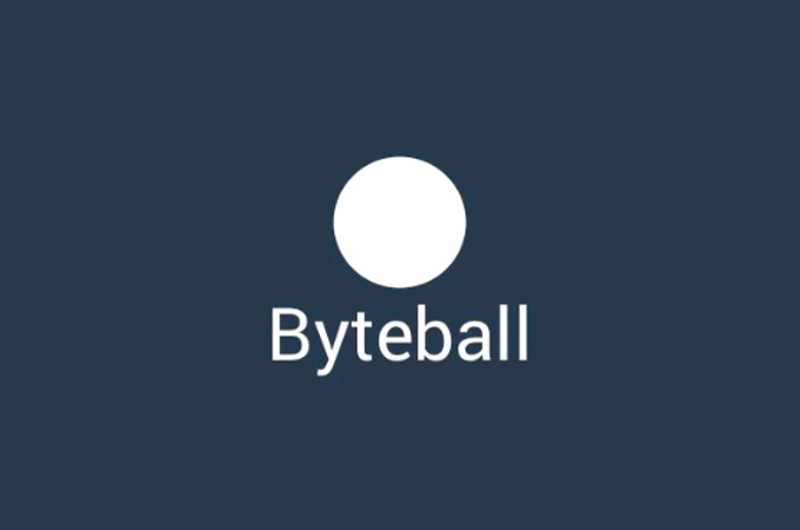Blockchain is a very successful technology that aims to disrupt markets worldwide however, there is a new technology with ground breaking potential in this domain. DAG (directed acyclic graph) is one of the main competitors to Blockchain technology. Unlike Blockchain, DAG is a new technology without blocks and miners.
Disclosure: This is a Sponsored Article
Byteball is designed so that scalability issues are no longer a topic of the day. Byteball uses DAG technology which provides a theoretically unlimited number of processed transactions.
Byteball also has fixed fees equal to the transaction size in bytes. This is a huge advantage compared to the blockchain based currency fees. This is achieved through the DAG structure, by which the Byteball network also becomes more resistant to hacker attacks with increasing number of transactions.
Byteball benefitsare plentiful:
– Secondary coin called Blackbytes for private and untraceable payments
– Multi-signature support
– A fair distribution and a limited supply
– Smart contracts can bind transactions to conditions
– Integrated GB/BTC exchange
– Insurance against flight delays etc.
– Ability to send Bytes and other crypto assets via email by adding the recipient’s email address where you would normally add their Byteball address.
– Ability to send Bytes via chat apps
In January 2018, leading digital identity verification provider Jumio has teamed up with Byteball, adding support optimisation with their “Know Your Customer” (KYC) process for investors who want to participate in Initial Coin Offerings (ICOs). Byteball will be able to offer optimum KYC checks for ICOs.
Philipp Pointner, Vice President of Jumio, said: “Jumio and Byteball can help prevent money laundering and fraud, and support conscientious listing companies in cooperating with regulatory bodies. Together we can help ensure that ICOs have a bright future as a legitimate alternative to traditional fundraising instruments.”
Tony Churyumoff, Byteball,founder added: “By partnering with Jumio, we bring identity to the distributed ledger, both for ICOs and other financial transactions, creating strong connections between the crypto and the real world. For end users, we offer them a sovereign identity that is totally private, secure, and incredibly easy to use. For businesses, it is an opportunity to build applications that leverage the identity layer that were not possible before.”

